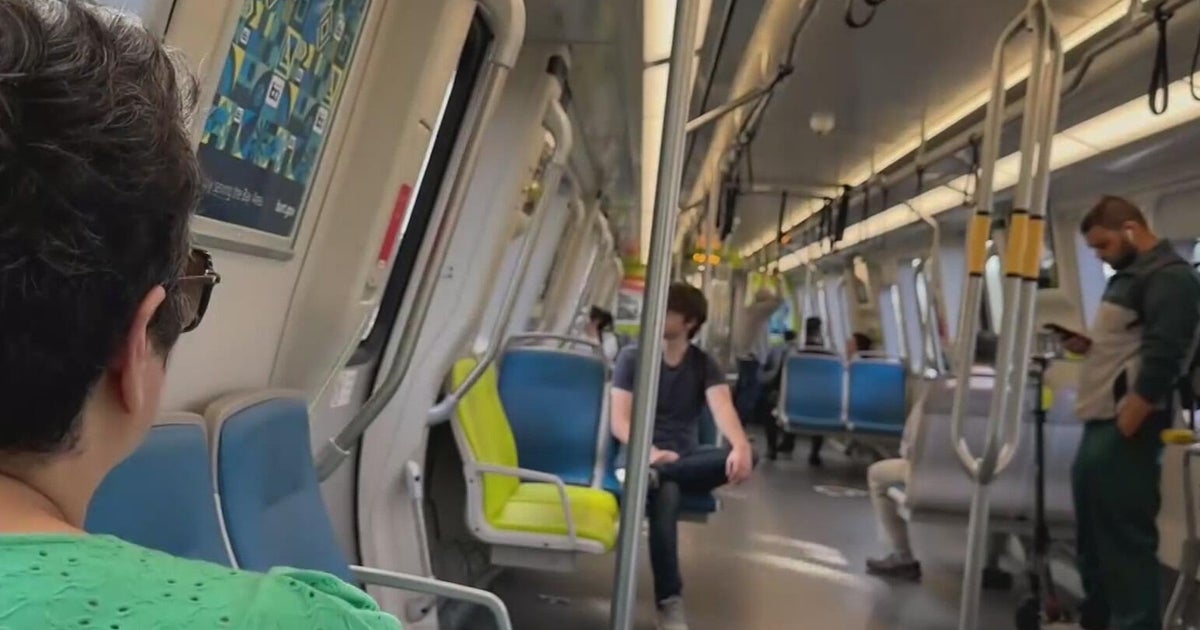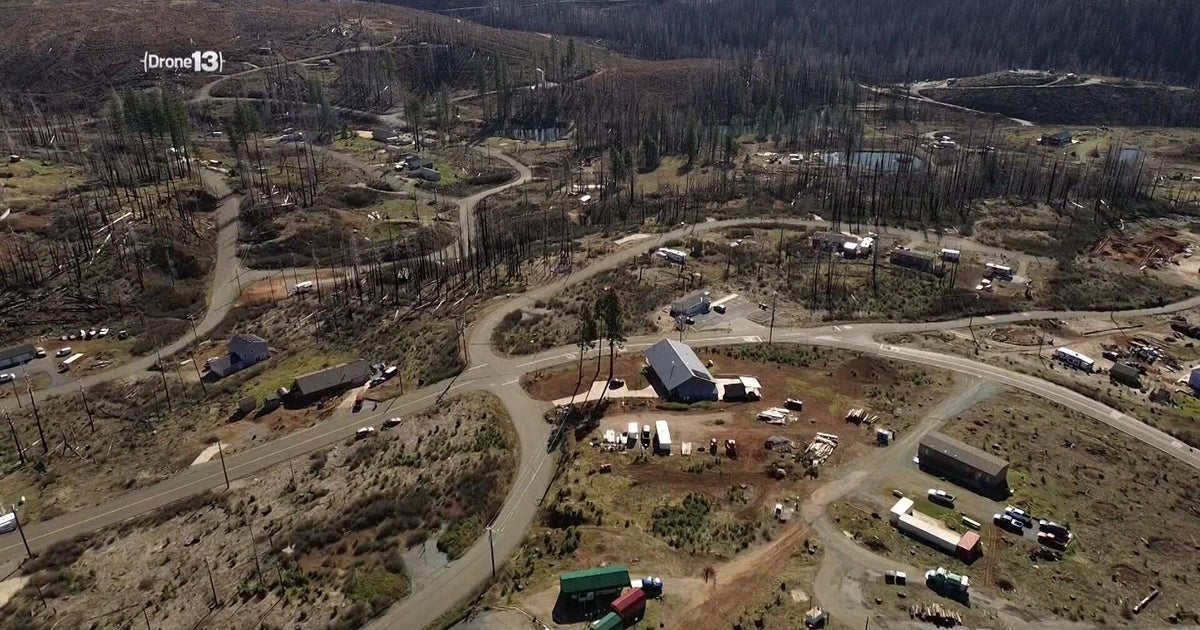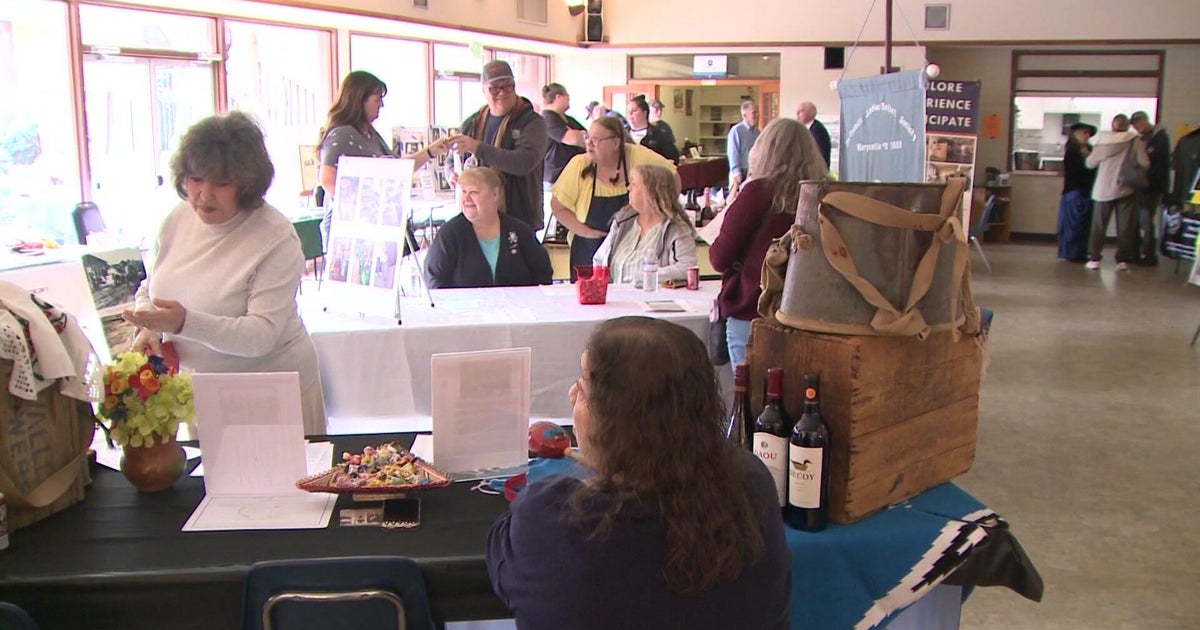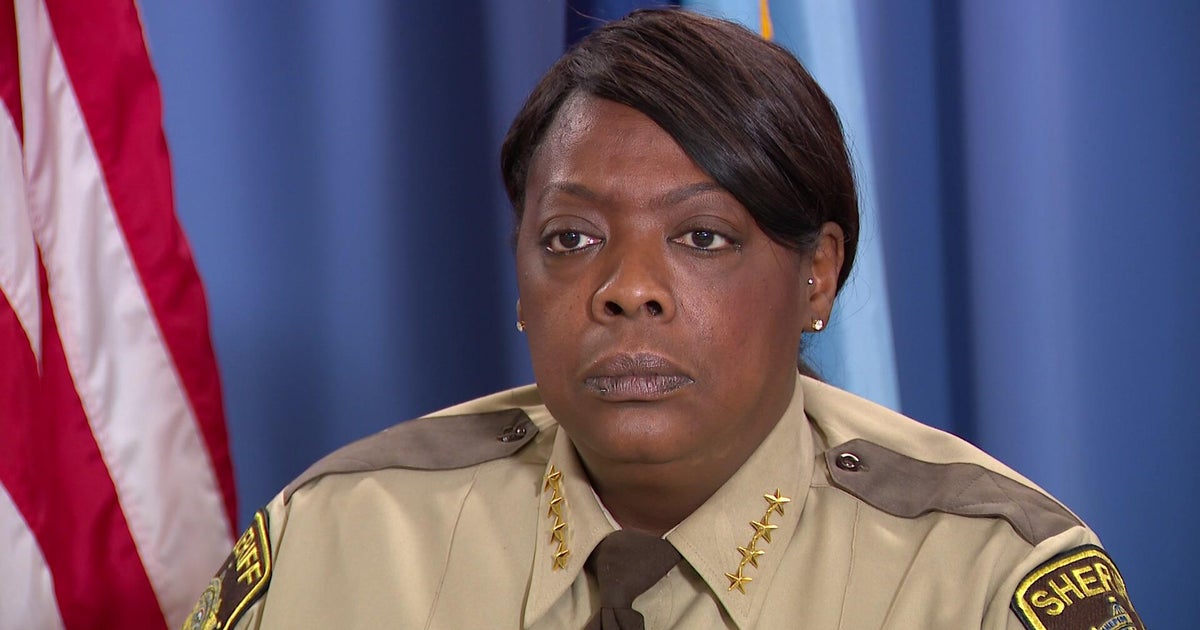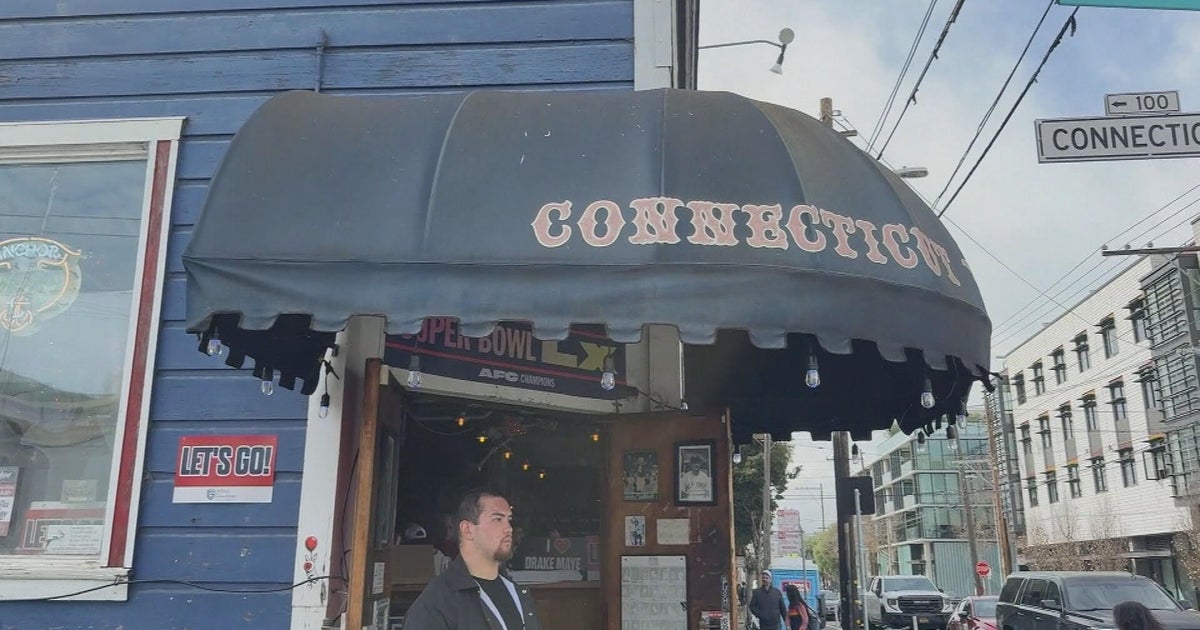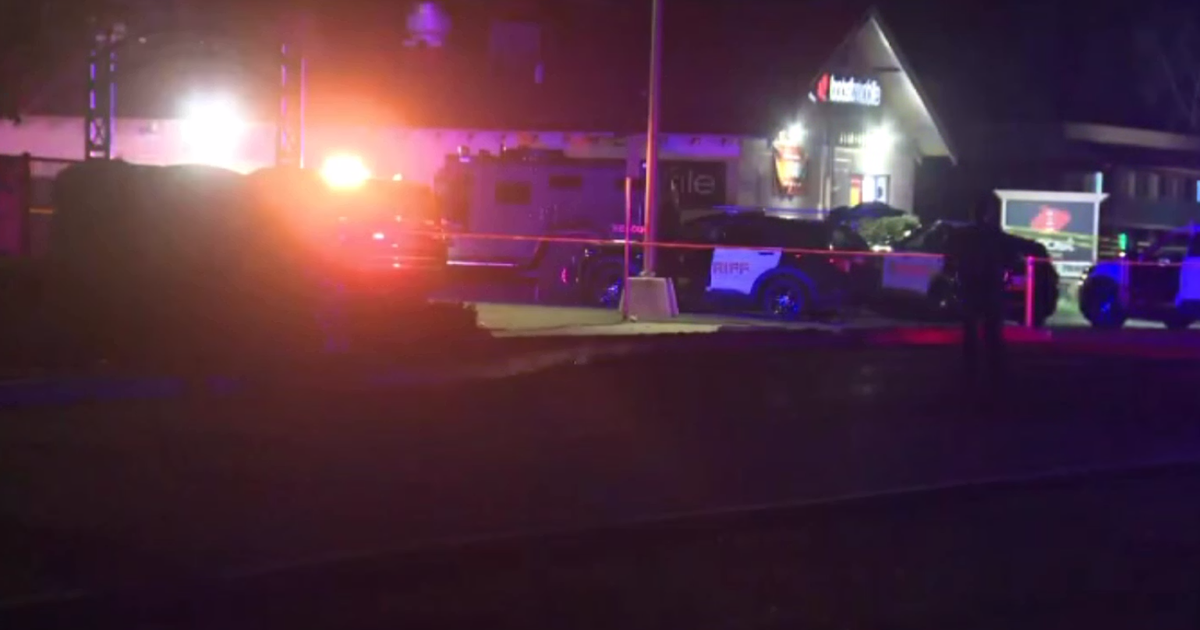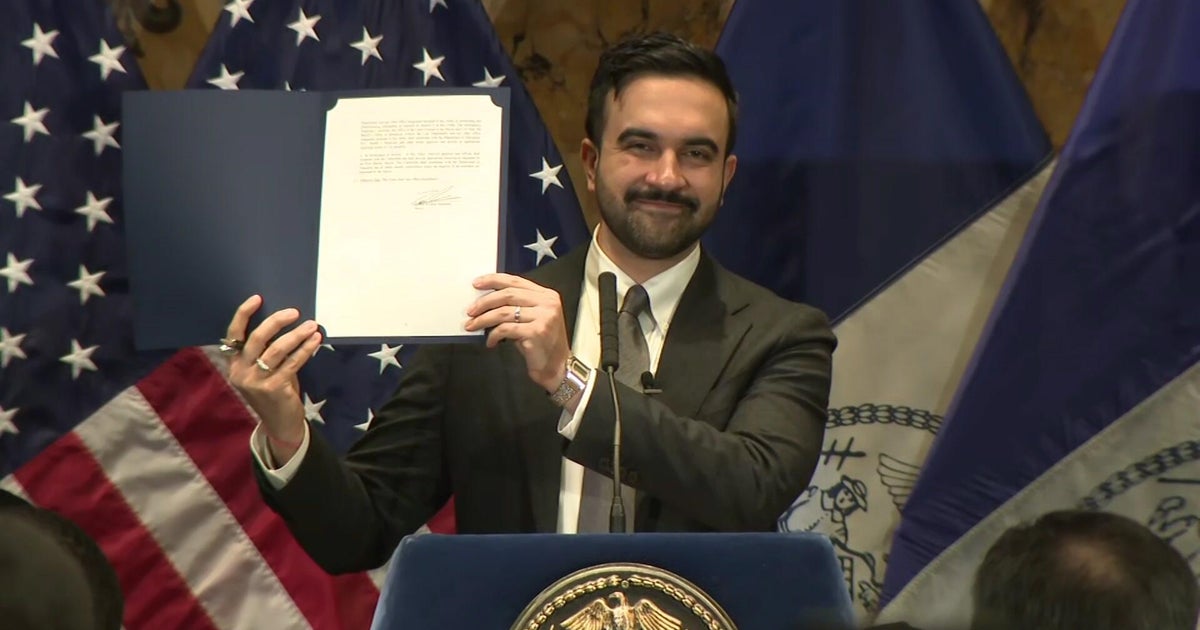Berkeley neighbors band together to protect against wildfire danger
BERKELEY -- As cities across the Bay Area get more serious about wildfire prevention after years of devastation, one local neighborhood is working together to create a defense against potential fires.
In the Berkeley Hills sits an idyllic neighborhood nestled among the redwood trees, engulfed in greenery and plant life. But in this neighborhood, the community runs deeper than the redwoods run tall.
"You have some neighborhoods that change the people that move into it, and some neighborhoods that are changed very quickly by the people that move in," resident Susan Nunes Fadley told CBS News Bay Area, "and I think this neighborhood is one that changes to people."
She's on a mission to protect the historic land the neighborhood sits on. Fadley moved to the area 30 years ago from Hawaii and quickly learned of the wildfire risk.
"I didn't have to worry about wildfires before but you know, I've lived here for 30 years and it's you know, I want to keep it you know, I know I'd like to keep it safe," Fadley explained.
Today she's on a mission to do just that — keep her neighborhood safe. Each week she and fire ambassador Owen Shannon go door-to-door educating others in this high wildfire risk zone on how to protect their homes during fire season. This year this risk could be even greater than prior years.
"In years where we get a lot of rain and that sort of base vegetation and grasses kind of have extra water to grow," Shannon explained. "Then in the summer when they dry out, they can be an extra source of fuel. So we do want to really make sure that we're prepared to go through the summer."
In 2020 Berkeley voters passed measure FF, opening the door for an $8.5 million emergency response parcel tax. The funds have covered the cost of the city's new community wildfire protection plan that established the ambassador program that enforces defensible space guidelines, created a financial assistance program to help offset some yard clearing costs for homeowners, build an outdoor fire warning system, and purchase a new 3,000-gallon water tank, among other policies.
Fadley and Shannon have teamed up through the ambassador program. Their number one goal is to educate others on the state's latest defensible space laws that go into effect at the start of 2024, but acting now can mean greater protection this season.
"Zone zero so that's zero to five feet around the home," Shannon says, defining the defensible space law. "Ideally you want to have no live vegetation in that zone zero to five feet around your home."
The plan has faced some pushback as residents grapple with the reality of sacrificing parts of their yards and gardens or trimming established trees.
But Fadley says it's more valuable to protect your home from fire than what's put in a garden.
And she's leading by example. She made the tough decision to tear up her English-style garden and establish a defensible space, instead opting to plan vegetation with high water content that is less flammable.
"It's a bit more protected now, of you know, taking these many steps. People are going to have to put an investment in what they do to their properties and I think more and more they're willing to and it still looks like Tamalpias Road," Fadley said.
The neighborhood is following suit, Fadley says. All in the name of protecting their slice of paradise.

